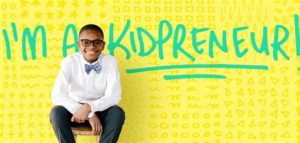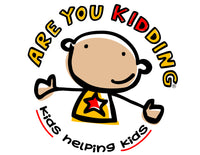After a particularly bad day at his job at a marketing and communications company, Shep Murray was told to think more “inside the box”. He did not like hearing this phrase, and decided to quit. Shep then called his younger brother, Ian Murray, and told him that he quit his job and dared Ian to do the same. Shep got a call minutes later saying that his brother Ian followed through and quit his job too.
During a family trip to Aguilla in 1997, Shep and Ian talked about creating a high end neck tie company that represented the finer things in life. Ian and Shep had more time to pursue this business idea since they both quit their jobs.
Before quitting their jobs, they used their last paychecks and applied for as many credit cards as possible while they still had credit. Cash advances from the new credit cards helped Shep and Ian fund Vineyard Vines in the beginning stages. Both brothers used their contacts at their former jobs to make connections in the fashion and design industry.
In 1998, Shep and Ian noticed that no one was wearing ties because they thought they were boring. Men only wore ties to weddings or graduations. They wanted to use this to their advantage, and they did. They wanted to make neckties more appealing to more people, especially preppy New Englanders. Their idea was to make a product line of neck ties that had whimsical and colorful patterns that could spark conversations.
To build their brand, the brothers took a different approach to find customers that would want to purchase their products. During July 1999, they would couch surf up and down the eastern seaboard, carrying bags with merchandise inside. They focused specifically on selling at Martha’s Vineyard, and would bike ride and boat around beaches hoping to find customers interested in purchasing products. They even went to holiday boutiques and church fairs to sell. The summer of 1999 was the time of largest growth that they have every seen. After this growth season, they moved their in home offices into larger office spaces in Connecticut, where the brothers grew up. The brothers spent their summers as kids on Martha’s Vineyard, which inspired the name and concept of their brand. This was another reason why they chose to have their headquarters in Stamford, Connecticut.
Shep and Ian were gifted with a incredible opportunity: to create a custom neck tie for Aflac, an insurance company. The design resulted in a $400,000 commitment to purchase 10,000 ties. They bought a boat and then got busy fulfilling the order. in 2005, the brothers opened their first retail store on Martha’s Vineyard. Within 3 years, they surpassed $1 million in sales.
Today, there are 91 Vineyard Vines stores across the United States. They have also expanded the product line to include clothing, swimwear, and bags for men, women, and children. They are still known for their bright and playful prints. The company is still 100% owned by the brothers, and the financial freedom allows them to be flexible, responsive, and fully committed to the brand’s essence — selling the “good life” and “Every day should feel this good!”. Vineyard Vines is very popular among so many people today, and known for their whale icon on t-shirts and other products.
Vineyard Vines sells an experience. It offers something that everyone wants: the ability to convey a nice life. Shep and Ian Murray were able to tap into the New England lifestyle and make it into their company and brand. The story of the Murray brothers shows that sometimes safety in a job/career is not the best thing. Break out of your shell and start something new. Everyday should feel good, like the essence of Vineyard Vine’s brand.
Check out Vineyard Vines products here
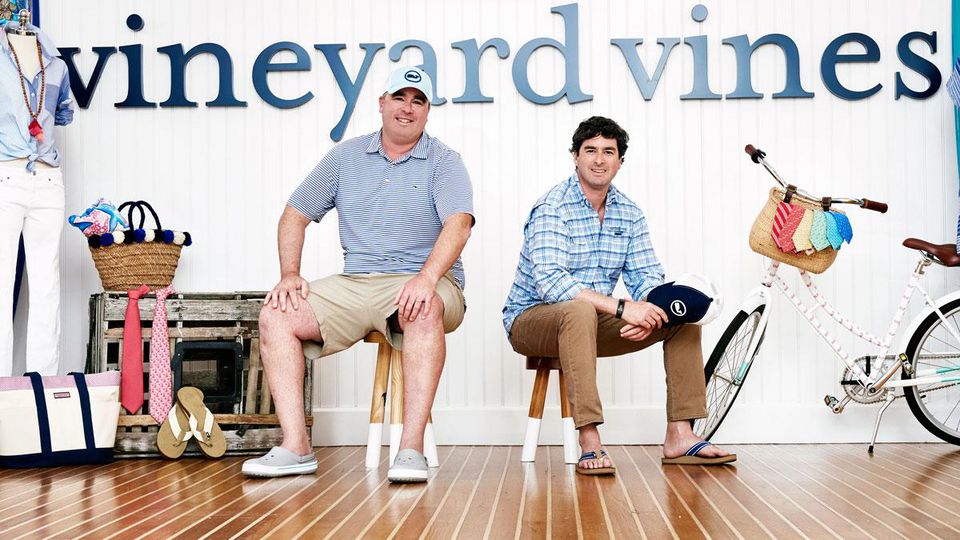


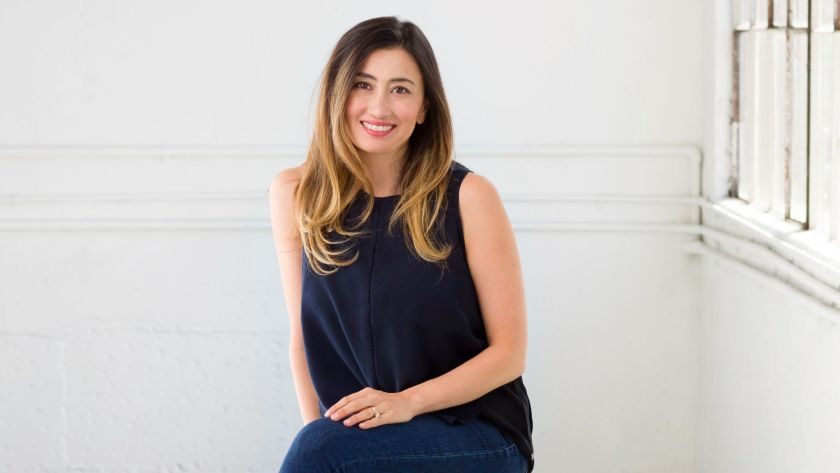
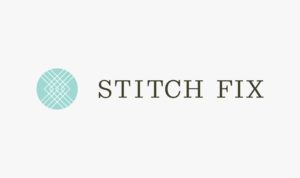




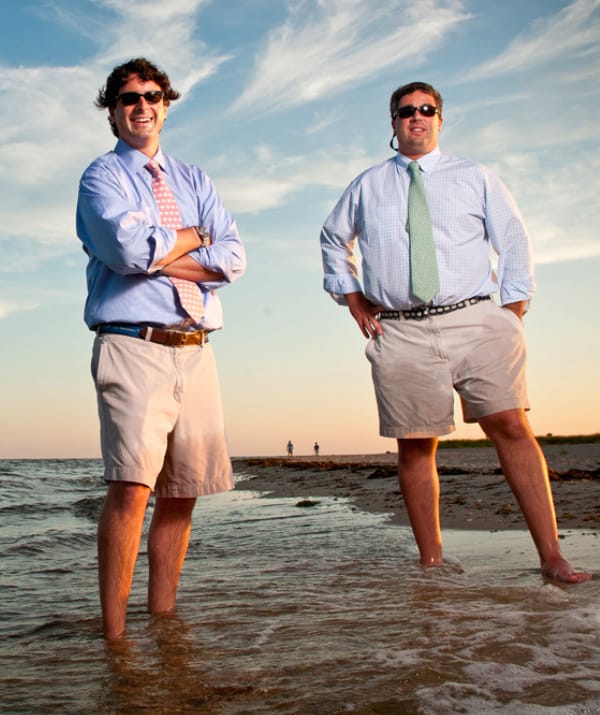 (and used their health plan just as much, they like to say). With their credit cards they used all they could to personally finance their dream of living the good life.
(and used their health plan just as much, they like to say). With their credit cards they used all they could to personally finance their dream of living the good life. Susan Gregg-Koger, a CMU alum, is the CEO and co-founder of Modcloth.com. She began this business over 15 years ago in 2002 by collecting and selling vintage clothing online. This company all started the summer before her freshman year of college, as a way to support her passion for thrifting. Here we see the idea of how one can use their passion to start a unique business.
Susan Gregg-Koger, a CMU alum, is the CEO and co-founder of Modcloth.com. She began this business over 15 years ago in 2002 by collecting and selling vintage clothing online. This company all started the summer before her freshman year of college, as a way to support her passion for thrifting. Here we see the idea of how one can use their passion to start a unique business.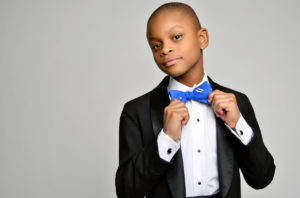 Attention all men, I have a question for you. Have you ever felt like your personality has been restricted by the professional clothes you wear? When it is the time to suit up, do you feel like you look like every other man putting on a suit? I would like to introduce to you Moziah Bridges, the designer of Mo’s Bows.
Attention all men, I have a question for you. Have you ever felt like your personality has been restricted by the professional clothes you wear? When it is the time to suit up, do you feel like you look like every other man putting on a suit? I would like to introduce to you Moziah Bridges, the designer of Mo’s Bows.